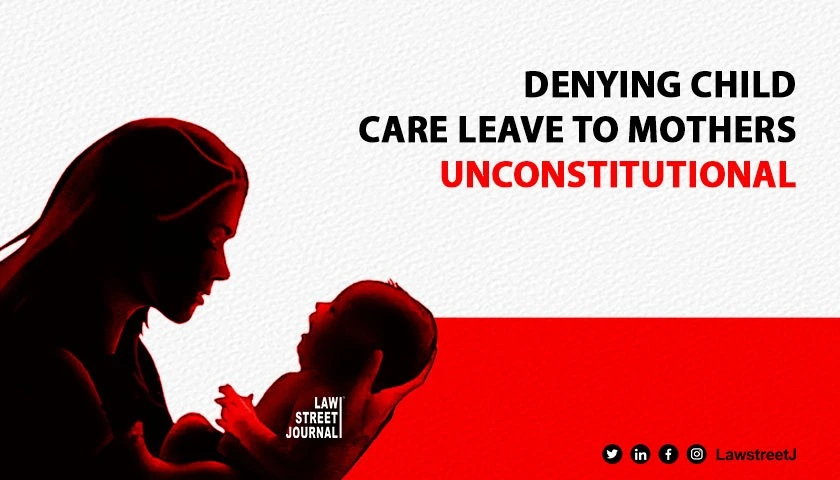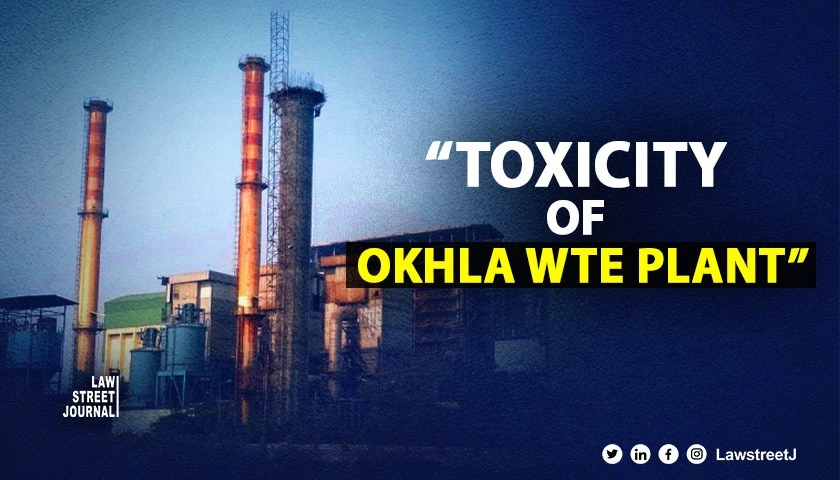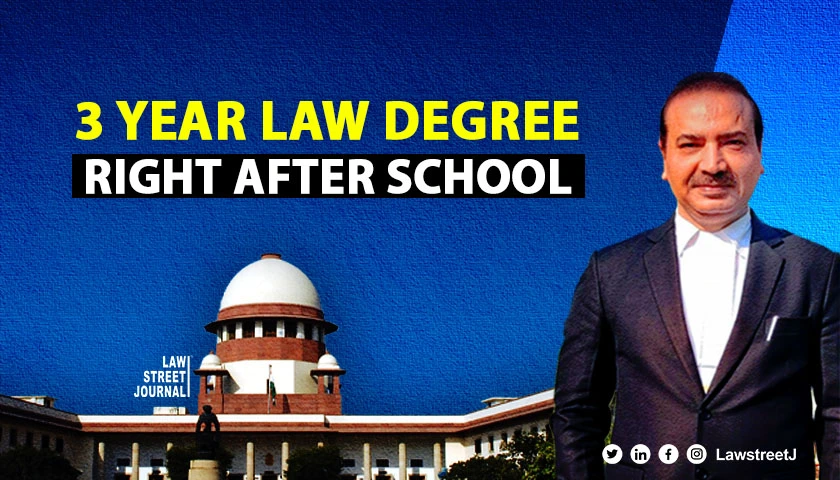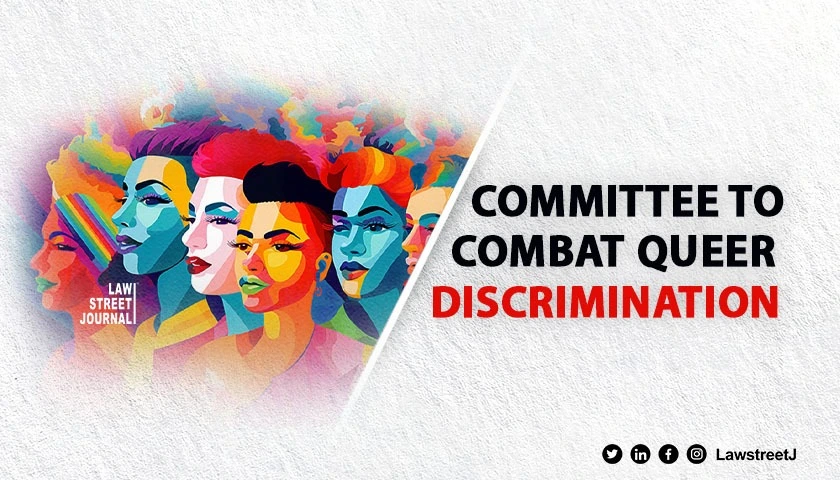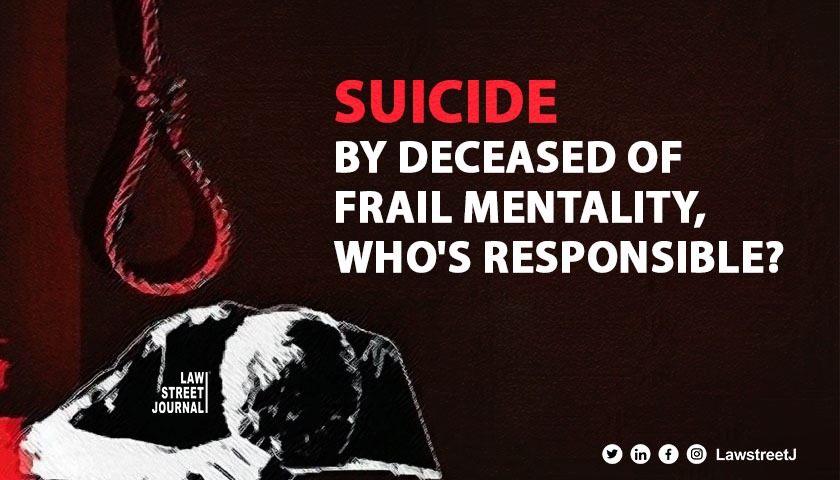The SC on Tuesday (February 3,2021) in an appeal case of State of Gujarat v. Bhalchandra Laxmishankar Dave, expressed its displeasure over nonreappreciation of the evidence on record.
The matter came to apex court after the Gujarat High Court acquitted the accused under the Prevention of Corruption Act, 1988 by quashing the decision of the Special Judge, Bharuch, the State of Gujarat.
The accused who was an Assistant Director in ITI, Gandhi Nagar, was charged for the offenses punishable under Section 7 read with Sections 13(1) and 13(2) of the Act.
The accused then preferred an appeal claiming that “by the impugned judgment and order, the High Court without any detailed re-appreciation of the entire evidence on record, has acquitted the accused for the offences for which he was convicted.”
The top court observed that the trial court in this case after a trial and appreciation of the entire evidence on record passed a detailed judgment and order. Accused then approached to the High Court and the high court, the bench stated:
“We find that the High Court has not strictly proceeded in the manner in which High Court ought to have while dealing with the appeal against the order of conviction”
The bench stated that without any detailed reappreciation of the entire evidence on record, HC has acquitted the accused of the offenses for which he was convicted. The court was dissatisfied by the act of the HC and thus while making a few observations remanded the matter to the Gujarat High Court.
It was further observed that Non reappreciation of the evidence on record may affect the case of either the prosecution or even the accused. The SC referred to the case of Umedbhai Jadavbhai v. The State of Gujarat, wherein it was stated,
“Once the appeal is entertained against the order of acquittal, the High Court is entitled to reappreciate the entire evidence independently and come to its own conclusion. Ordinarily, the High Court would give due importance to the opinion of the Sessions Judge if the same were arrived at after proper appreciation of the evidence. The High Court would be justified against an acquittal passed by the Learned Trial Court even on reappreciation of the entire evidence independently and come to its own conclusion that acquittal is perverse and manifestly erroneous.”
The court finally stated that Learned Trial Court has convicted there shall not be presumption of innocence as would be there in the case of acquittal. Thus, the High Court’s decision was based on a totally erroneous view of law by ignoring the settled legal position. The court termed the act ‘illegal’ which may lead to a miscarriage of justice. The SC thus remanded the matter to HC and asked the court to go into detail of the matter.
![High Court’s decision based on a totally erroneous view of law; being the first appellate court it must appreciate the entire evidence and come to its own conclusion: SC [READ JUDGMENT]](/secure/uploads/2021/02/lj_7134_gujrat_high_court.jpg)
